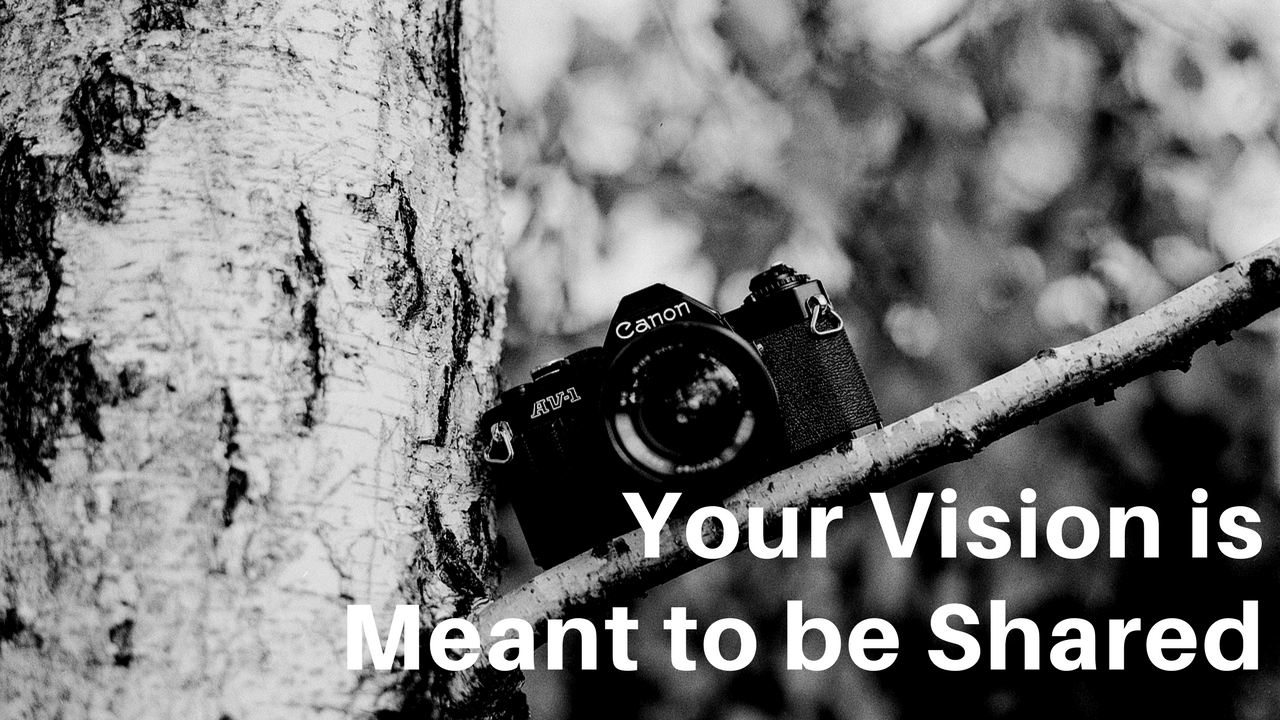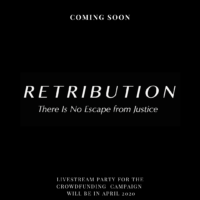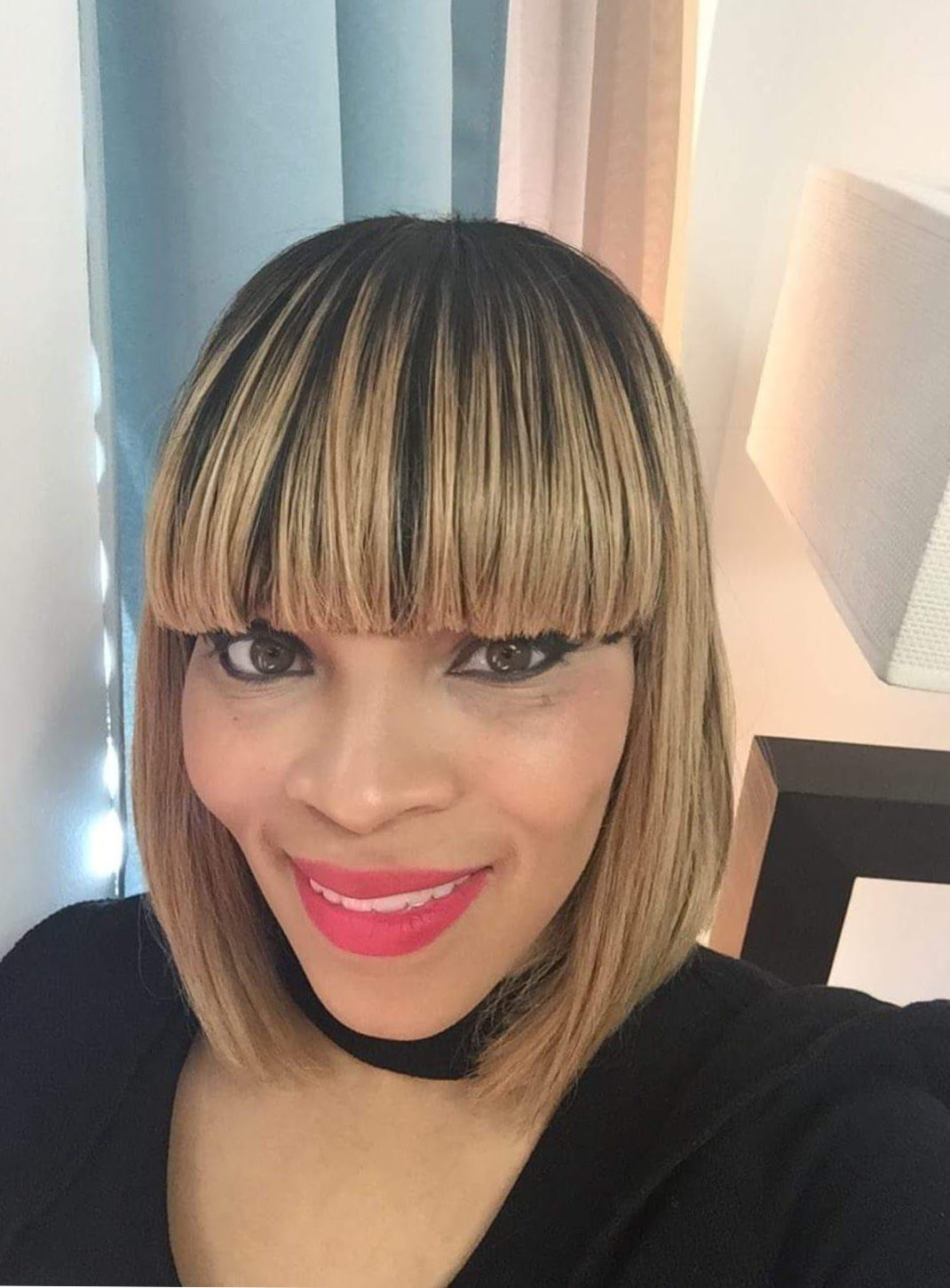
Last week I wrote about my early writing methods, one of the stories I mentioned was The Other Half, a suspense thriller I wrote in the eighth grade. Up until then I was set on being a best selling novelist like Jessica Fletcher, minus the morbid nosiness. But I also envisioned all of my stories eventually being turned into movies. As I wrote them I would see the actors who would eventually play the characters and imagine the different sets it would be filmed on.
By the time I finished The Other Half, I just knew it would make a great movie. I even started writing a sequel to the story. I can’t remember if I ever finished writing the sequel, but it was while trying to write all of the visuals I was seeing in my head that I realized that maybe instead of writing a book first, I could just write a screenplay. It would be many years before I wrote my first screenplay, but that was the moment I decided to become a filmmaker.
Writing was still my main passion so I figured I would be a screenwriter, but I couldn’t see myself writing a story and being able to let it go. I didn’t know much about the film industry at that point, but I knew that once something left your hands, it also left your control. They could take my precious story and completely change it if they wanted to, keeping only the bare bones of what I wrote. I also knew that five different people could read the same thing and each could have a different interpretation. I didn’t want to leave the interpretation of my story to chance, so I decided that I had to also be a director.
So I was committed to writing screenplays and directing them to ensure my ideas made it to the screen. But I also knew there were still quite a few people above the director’s head. I couldn’t be a studio executive, but I could be a producer. As the producer I could protect the vision I had as a writer/director. So that is how I went from wanting to be a best selling novelist to wanting to be a writer/director/producer. At the base of it was my desire to write visual stories, my other ambitions grew from wanting to have sole ownership of my vision as a novelist would have of her novel.
When I made it to film school I learned two things. One, I didn’t like producing much, but knew I could do it if I had to for my own productions. Two, I liked directing more than I thought I would. It was almost equal in footing for me as writing. Especially since I tended to be a lazy writer. A lot of my vision didn’t make it to the pages if I planned on shooting it myself. I knew I could work that out with the actors and bring it to the screen.
Actually, I learned three things. That once I was clear with what the vision for my movie was, I was absolutely okay with other people contributing their ideas to it. I learned that having the cinematographer, editor, sound designer, costume designer, set designer and any of the other department heads give their input on how to bring my vision to life made my movie so much better. I was only one person and I only had so many ideas. Having other people bring their experience and point of view to the table helped to improve my stories. I learned as a writer entrusted with the task to write about an entire world of characters and plots, that the actor spending all of their time getting to know that one character ended up knowing them better than I did, and I created the character!
So even though being precious with my characters and ideas is what lead me to be a director, as a director I learned how to let all of that go in order to make the best movie I could possibly make.




